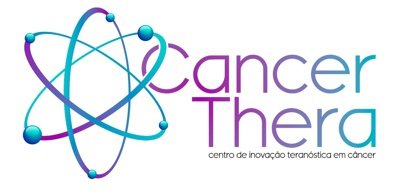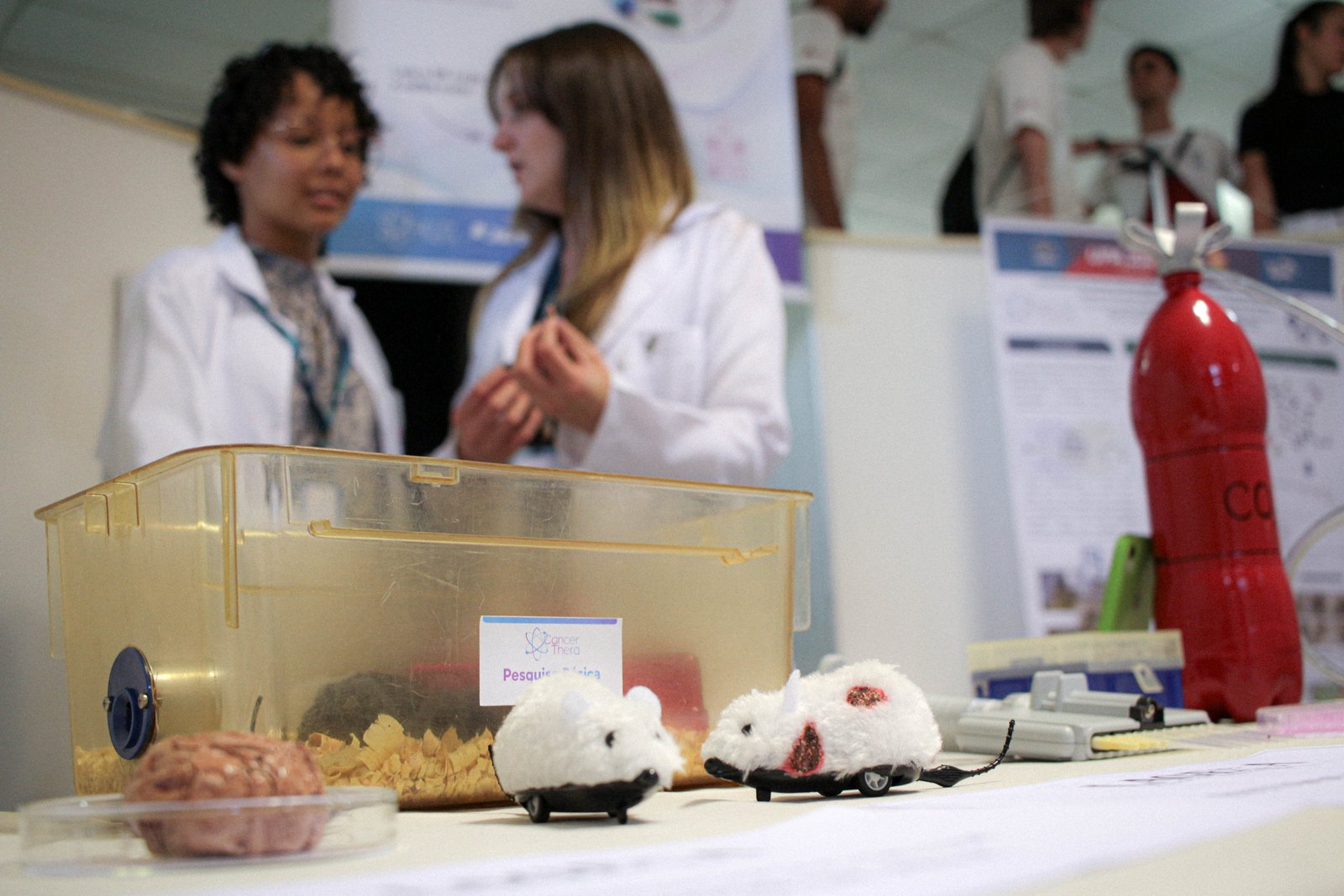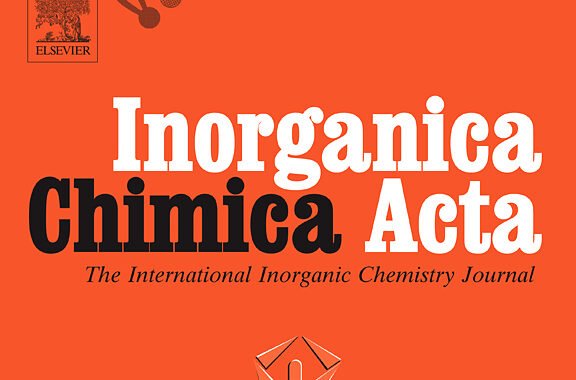On August 17, around 57,000 people visited the campus of the University of Campinas (Unicamp), located in the Barão Geraldo district of Campinas (SP). The vast majority were young faces. It was a lively Saturday, with a vibrant and constant flow across campus. Professors, students, and their families formed groups from 880 elementary and high schools across São Paulo, Rio de Janeiro, Minas Gerais, and Mato Grosso do Sul. The motivation? To participate in Unicamp Portas Abertas (UPA) and learn about the institution’s facilities, its teams, and the wide range of research being conducted.
There have now been 19 editions of the UPA, and each one, year after year, strengthens its position as a key opportunity for meaningful exchanges between society and the scientific community. This is an event that the university has organized since 2003 to allow researchers, staff, and students from different departments to present their work and bring the public closer to the academic environment and the practices of scientific and technological development.
First time at UPA — and with a large audience!
In 2024, CEPID CancerThera participated in the UPA for the first time, presenting to visitors the work developed by its teams on the use of radiopharmaceuticals in theranostic approaches to cancer, within the three arms of translational research: basic, preclinical, and clinical.
“It is the role of public universities to disseminate what their researchers are doing beyond the walls of academia, and CancerThera has great responsibility in this regard. Demystifying the use of radiation and combating misinformation about scientific practices involving radiopharmaceuticals are among our goals as a research center also dedicated to knowledge dissemination and education,” explains Prof. Dr. Elba Etchebehere, nuclear medicine physician, principal investigator, and head of the Knowledge Dissemination area at our center.
Divided into groups of 40, over 50-minute sessions, visitors learned about the use of radiation in nuclear medicine, understood how CancerThera’s research arms work together, and discovered in a didactic way what each arm focuses on and who the researchers are. Visitors entered the Skills Hall of the Unicamp Faculty of Medical Sciences (FCM/Unicamp) through a waiting room, where they watched an introductory video. They then moved through the space in a carousel-like flow, visiting four interactive arenas where they could engage directly with the researchers (watch the video below for an activity summary).
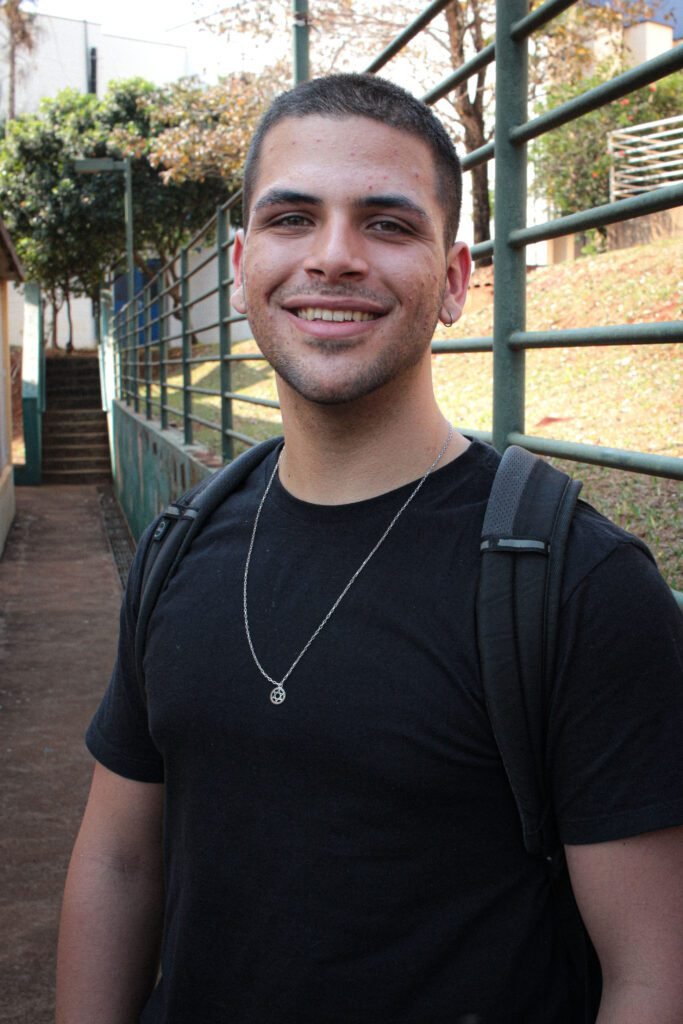
More than 1,300 people visited the CancerThera exhibition area, most of them teenagers exploring possible career paths — like 18-year-old Marcos Vinícius Gonçalves de Melo (pictured), a pre-university student from Guarulhos (SP). “It was really great to learn about CancerThera because we don’t usually imagine that this kind of research on radiopharmaceuticals and cancer is happening right here at the university,” he said. According to the aspiring medical student, the multidisciplinary and integrated nature of translational research was what impressed him most. “In regular education, we’re used to seeing subjects separated. But here at CancerThera, everything is connected for a specific purpose: diagnosing and treating cancer,” he pointed out.
Another visitor who left enthusiastic about CancerThera’s research, especially the basic research arm, was Shirley Gouveia Barbosa de Souza (pictured), 38, a mathematics and industrial automation education student at the Federal Institute of São Paulo, in Cubatão (SP). “We know we live with radiation every day, but it’s much more reassuring when you actually understand how it really works — and that’s what was explained during the visit,” Souza said, highlighting the importance of exchanging reliable information between researchers and the visiting public at the CancerThera space.
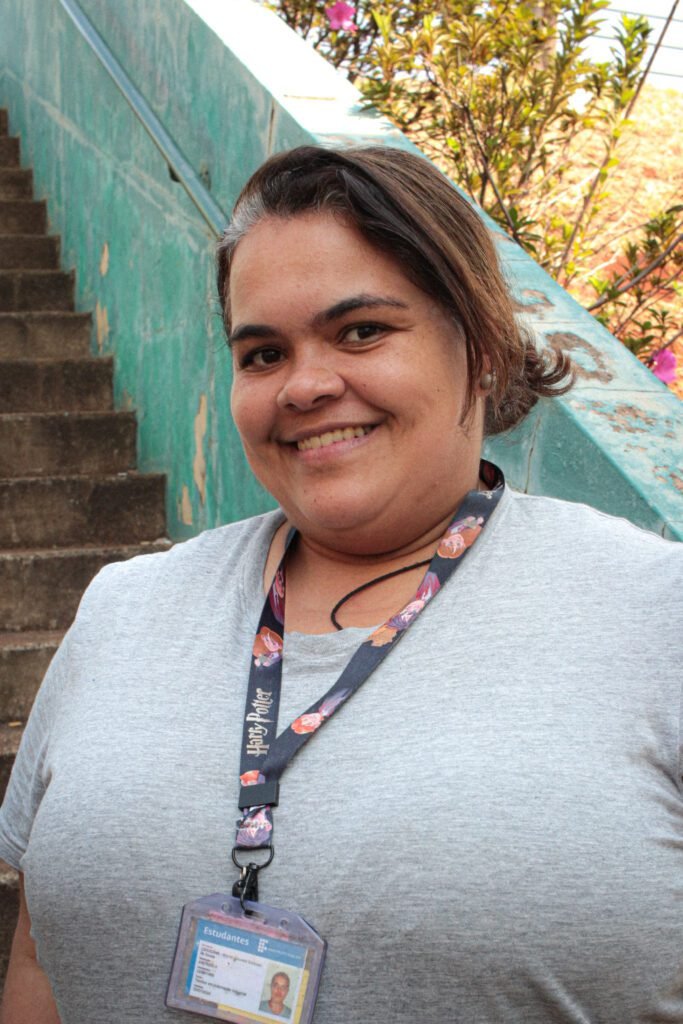
Infectious enthusiasm
“For me, participating in UPA was a very special experience. In addition to sharing knowledge about oncology, which I’m passionate about, I could see how much these interactions inspired visitors,” said Sophia de Alcantara Rodrigues, a third-year medical student at FCM/Unicamp and president of the Unicamp Academic Oncology League (LAOn), a partner group in organizing CancerThera’s activities at UPA.
“Seeing the visitors’ excitement, especially young people, as they discovered more about oncology and scientific research was amazing. Hearing phrases like ‘Wow! I didn’t know research could be so cool!’ or ‘This is incredible! I really like oncology — I’ll read more about it later!’ was incredibly rewarding and showed the positive impact we were able to make.”
— Sophia de Alcantara Rodrigues,
medical student and president of LAOn/Unicamp
Rodrigues said that participating in the event’s organization was an enriching experience for all league members, as it placed them in a new position: that of science communicators. “We had to learn to simplify complex concepts and adapt our language for groups of all ages. This challenge of explaining our work in an accessible way developed key skills, like public speaking and didactic communication. It definitely added a lot to our academic training.”
In that regard, Etchebehere added: “The presence of so many interested visitors only reinforces that we need to keep creating opportunities for dialogue and exchanges between the scientific community and society. The Unicamp Portas Abertas is one of those special moments, especially for young people who are looking for career options.” Rodrigues concluded: “By opening its doors, Unicamp positions itself as an accessible institution committed to the education of future professionals, allowing young people to ask questions, clear up doubts, and better understand the day-to-day of different professions. This makes career choices more informed and aligned with their interests and skills.”
Text: Romulo Santana Osthues | Photos: Romulo Santana Osthues e Carmen Silvia Passos Lima


